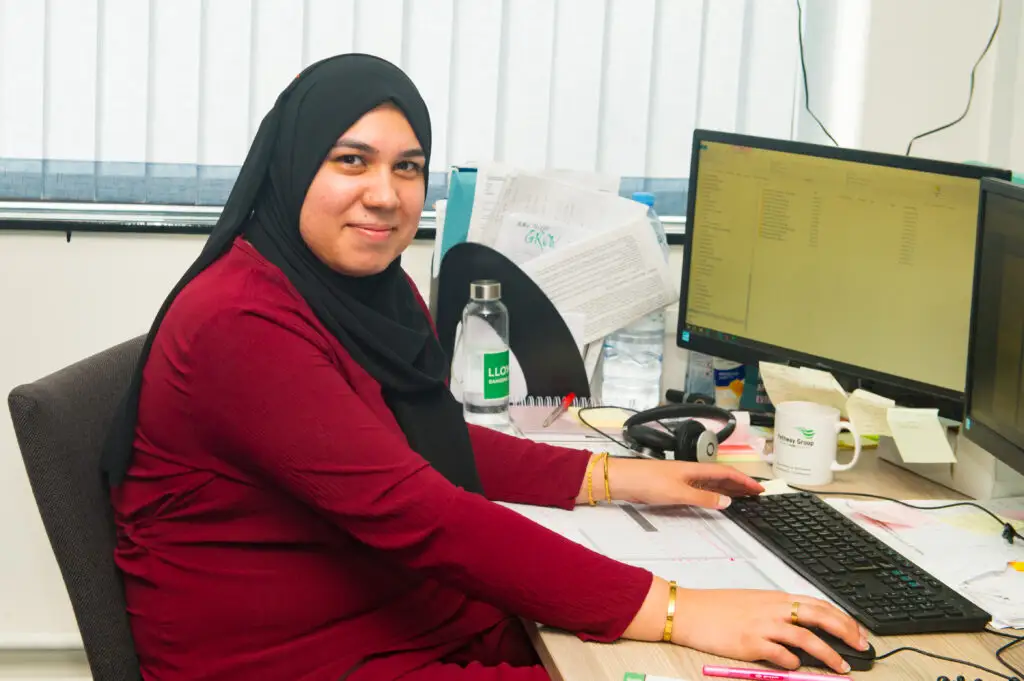Safeguarding Central
The Importance of Safeguarding, Wellbeing, and Welfare
Safeguarding, wellbeing, and welfare are vital to creating a safe and supportive environment for everyone, especially vulnerable individuals. Safeguarding goes beyond just protecting from harm; it involves promoting individuals’ overall well-being and welfare to ensure they are safe from abuse, neglect, or exploitation. This is a shared responsibility; every community member actively looks out for others.
'Understanding Vulnerability'

There are many factors that can make people vulnerable, including poor physical health, mental health issues, disabilities, or difficult social and family circumstances. Children, the elderly, and marginalised individuals are often among the most vulnerable. Specific risk factors can include mental health struggles, financial instability, or experiences of abuse and neglect, as highlighted in many safeguarding frameworks.
Those at risk may not always recognise the dangers they face or may not know how to reach out for help. For instance, children, young people, or even adults dealing with mental health challenges may be unable to express their needs, or they might fear the stigma associated with seeking help. Vulnerability can also arise from sudden life changes, such as job loss, family separation, or the onset of an illness.
'The Role of Support and Intervention'
Support and intervention are critical in safeguarding individuals and promoting their welfare. Safeguarding services provide essential protection by stepping in when someone’s wellbeing is at risk. Whether it’s ensuring that a child is protected from harm at school, or offering mental health support to a struggling adult, early intervention can prevent situations from escalating.
Support services, including mental health care, social services, and safeguarding teams, play a pivotal role in this. Reporting concerns or even just talking about worries with a designated safeguarding team can lead to vital help and support. Pathway Group, for example, emphasises the importance of raising concerns through their safeguarding team or by visiting their website at pathwaygroup.co.uk/safeguard, ensuring that individuals have easy access to support services.
Early reporting and sharing concerns can make all the difference in helping those who are vulnerable.
'Safeguarding is Everyone’s Responsibility'

Safeguarding isn’t just the role of professionals; it’s everyone’s responsibility. Whether you’re a teacher, caregiver, colleague, or friend, you have a role to play in protecting others. Often, the first step is simply talking—encouraging open conversations about wellbeing, listening without judgment, and sharing any concerns appropriately.
Creating a culture where individuals feel comfortable discussing their concerns can prevent abuse and harm from happening in the first place. It’s essential to recognise when someone may be struggling and to share these concerns with those who can offer professional help, such as a designated safeguarding lead or local safeguarding authorities. Silence or ignoring warning signs only increases risks, while timely action can save lives.
'How to Report Concerns'
If you notice someone is at risk, you must report your concerns to the safeguarding team at Pathway Group.
You can visit pathwaygroup.co.uk/safeguard to make a report. It is crucial to remember that safeguarding is about preventing harm, so even if you’re unsure, it’s better to raise a concern and seek guidance. Safeguarding teams are trained to assess situations and take appropriate actions to ensure safety.
Safeguarding, wellbeing, and welfare are the cornerstones of a safe and inclusive society. By understanding the factors that make individuals vulnerable and taking proactive steps to support them, we can create an environment where everyone can thrive. Let’s work together to ensure that we share concerns appropriately and support those in need—because safeguarding is everyone’s responsibility.
'Safeguarding is Everyone’s Responsibility'
![3 Scaled[1]](https://pathwaygroup.co.uk/wp-content/uploads/2024/03/3-scaled1.jpg-1024x683.webp)
Safeguarding isn’t just the role of professionals; it’s everyone’s responsibility. Whether you’re a teacher, caregiver, colleague, or friend, you have a role to play in protecting others. Often, the first step is simply talking—encouraging open conversations about wellbeing, listening without judgment, and sharing any concerns appropriately.
Creating a culture where individuals feel comfortable discussing their concerns can prevent abuse and harm from happening in the first place. It’s essential to recognise when someone may be struggling and to share these concerns with those who can offer professional help, such as a designated safeguarding lead or local safeguarding authorities. Silence or ignoring warning signs only increases risks, while timely action can save lives.